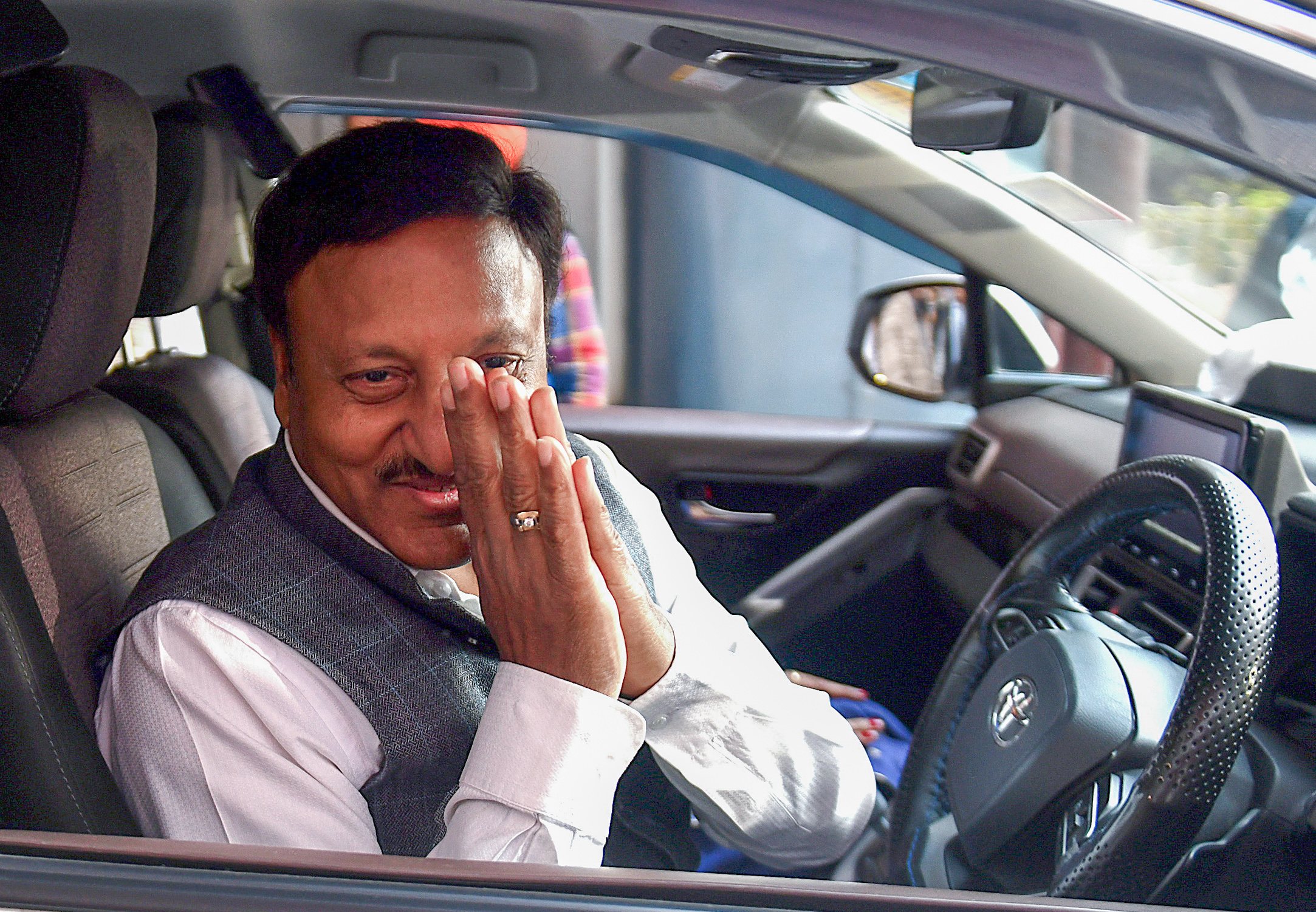Rajiv Kumar, the 25th Chief Election Commissioner (CEC) of India, bid farewell to the Election Commission of India (ECI) on Tuesday, hailing the institution as a “place of worship of democracy.” Expressing optimism about its future, he said he was confident that under the incoming leadership, the ECI would reach even greater heights.
In his parting remarks, Kumar praised the pivotal role played by voters and political parties in strengthening Indian democracy. “This building is the place of worship of democracy. Through great hard work, it has amassed heritage over the last 75 years. I am hopeful that it will rise even higher in the future. The new team will take it forward with great capability,” he said. He also wished success to all voters, acknowledging their central contribution to the democratic process.
The farewell ceremony marked the conclusion of Kumar’s tenure, during which he served 4.5 years in the Commission. He joined as Election Commissioner on September 1, 2020, and assumed charge as CEC on May 15, 2022. His term was distinguished by silent but impactful reforms spanning structural, technological, and administrative domains.
During his leadership, Kumar oversaw a complete electoral cycle, including the 2024 Lok Sabha elections, elections in 31 states and Union Territories, and the Presidential and Vice-Presidential polls in 2022. The Commission noted that these elections were conducted peacefully, with near-zero repolls and incidents of violence—an achievement Kumar credited to the dedication of 15 million polling officials.
A strong proponent of technology, Kumar championed reforms to strengthen election integrity while addressing challenges such as cyber threats and misinformation on social media. He advocated for biometric authentication at polling booths to prevent impersonation and pushed for mandatory online reporting of political party expenditures to enhance financial transparency.
Kumar’s tenure was marked by several key reforms aimed at modernizing the electoral process. These included:
– Multiple Voter Registration Dates: Operationalizing four qualifying dates for voter registration and introducing early application facilities for 17+ youngsters.
– Simplified Registration Forms: Making voter registration more accessible and user-friendly.
– Assam Delimitation: Redefining electoral boundaries in Assam.
– Voter Facilitation Centres: Allowing polling personnel to vote at facilitation centres, preventing intimidation and malpractices.
Under his leadership, technology-driven reforms, such as ERONET 2.0, were introduced to manage India’s vast electoral database. This system bolstered voter roll management with enhanced security and real-time processing. Additionally, he launched the ‘Myth vs Reality’ register during the 2024 Lok Sabha elections to combat misinformation and fake news on social media.
On the global stage, Kumar positioned India as a leader in electoral management, spearheading the ‘Cohort on Election Integrity’ and offering training to officials from multiple countries. He described India’s electoral expertise as a powerful instrument of soft power, enhancing the country’s global democratic influence.
In a gesture of appreciation, Election Commissioners Gyanesh Kumar and Sukhbir Singh Sandhu lauded Kumar’s inclusive and transformative leadership, crediting him with purpose-driven reforms that modernized India’s electoral machinery while upholding democratic values.
As Rajiv Kumar steps down, Gyanesh Kumar will assume charge as the new Chief Election Commissioner on February 19, 2025.
(Inputs from ANI)




















